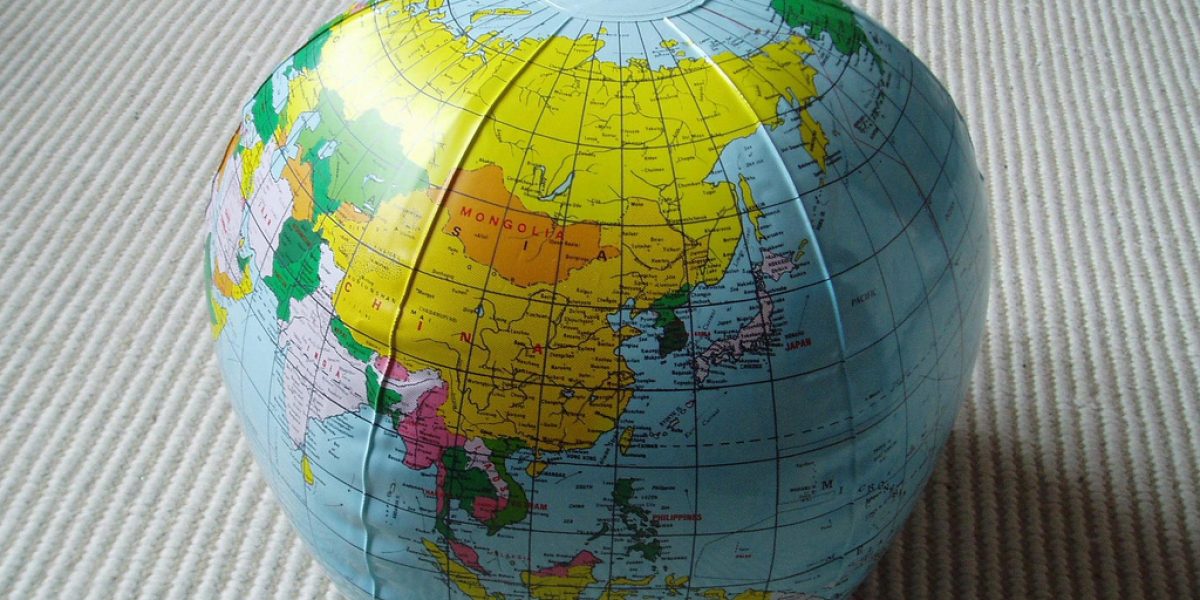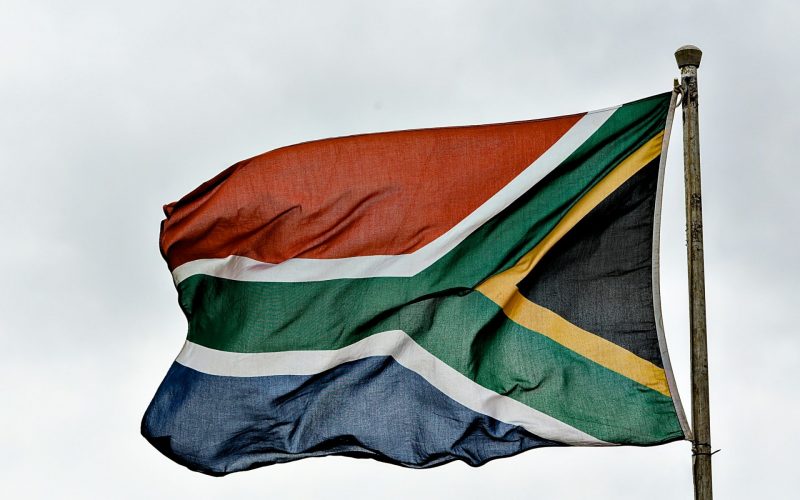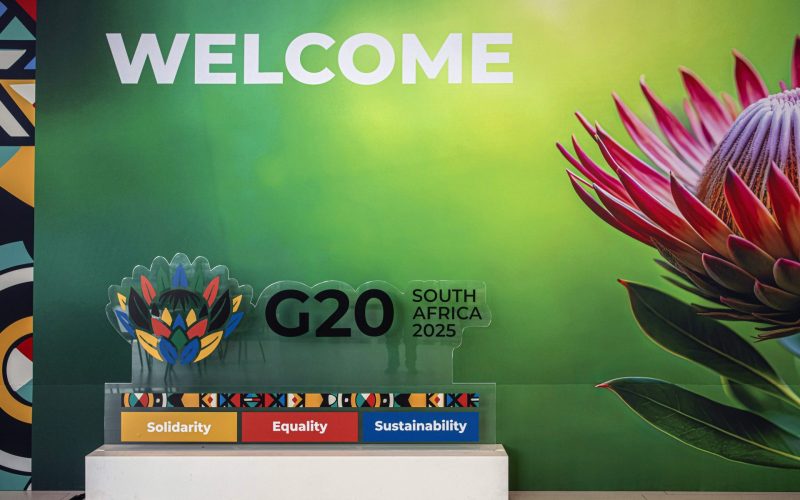And a new conventional wisdom has formed: shock-and-awe fiscal stimulus is needed to boost aggregate demand – and prevent a slide into protectionism. The new consensus also espouses a renewed compact of “Keynes at home and Smith abroad”. Greater government intervention is needed at home; and stronger international coordination (or “global governance”) is needed to make this work in tandem with open markets abroad.
We disagree fundamentally with the new consensus. Keynesianism on steroids is dangerous. The underlying economics is highly doubtful; the political economy is appalling. Also, Big Government at home will inevitably spill over into a new Age of Protectionism: “Keynes at home” also means “Keynes abroad”.
Start with fiscal stimulus. Packages announced so far amount to well over USD 2000 billion, led by a US package of USD 787 billion and a Chinese package of USD 585 billion. The OECD forecasts fiscal deficits for the OECD countries averaging 7.2 per cent of GDP in 2009 – and much higher for the USA and UK. The US fiscal deficit will exceed USD 1500 billion this year; and the Congressional Budget Office forecasts trillion-dollar deficits for the next ten years. All this on top of bank bailouts in the USA and elsewhere amounting to trillions of dollars.
The economics of a Keynesian stimulus are problematic enough in the context of open and globalised economies: the boost to aggregate demand is partly sucked up by imports. That leaves two solutions: either a globally-coordinated stimulus, which is almost impossible to achieve politically; or protection against imports. That was one reason why Keynes himself favoured protectionism in the 1930s. Furthermore, the consequences of fiscal stimulus for borrowing, taxation, inflation and crowding out of private capital are extremely worrying. Even more so as hyper-Keynesian policies have been enacted primarily by governments that could not balance their budgets during the boom years and that suffer from large fiscal deficits. These governments – think USA and UK — are rapidly unlearning hard-learned lessons from last era of Keynesianism.
The politics of a Keynesian stimulus are as worrying. It is naïve beyond belief to expect bigger government expenditure, in the name of fiscal stimulus, to be temporary and well-targeted to boost aggregate demand, while avoiding longer-term entitlements and wasteful pork-barrel spending. The latter is inevitable; and it is bound to spill over the border into protectionism. The Obama package in the USA, as filled in by Congressional Democrats, is a dog’s breakfast of pork-barrel projects; only a minority of the spending will give a short-term boost to aggregate demand. It also contains two protectionist measures. One is a “Buy American” provision for government procurement that discriminates against foreign suppliers; the other has restrictions on employing foreigners in bailed-out banks. China’s whopping stimulus package is predictably aimed at big infrastructure projects. It channels funds through state-owned banks to state-owned “national champions”, mainly in heavy industry. Its effect is to reinforce the subsidised public sector at the expense of the unsubsidised domestic private sector.
Now turn to emerging protectionism today. It looks like a replay of what happened in the 1970s. Then, government intervention at home spilled over into creeping protectionism abroad, mainly through non-tariff barriers. According to the World Bank, two-thirds of new trade measures since last November have been trade-restricting, and since then 17 members of the G20 have undertaken 47 trade-restricting measures. Some developing countries have increased tariffs, but these have generally been moderate and affect a limited range of products.
Much more worrying are creeping non-tariff barriers. In the West, bailed-out banks are lending less abroad to concentrate on home lending – with the encouragement of their home governments. Cross-border lending by banks fell by USD 4800 billion in the last nine months of 2008, the sharpest fall on record. Manufacturing subsidies are also intended for production and employment at home, potentially threatening overseas production and employment. This is evident with the approximately USD 50 billion of subsidies to car industries in several countries. Note that “subsidy protectionism” is a game played overwhelmingly by developed countries, not by developing countries. Anti-dumping measures increased 27 per cent in 2008. Since their London summit in early April, G20 countries have initiated 8 new anti-dumping investigations, and imposed 7 provisional duties and 17 definitive duties. Some developing countries have imposed new import-licensing restrictions. Foreign-investment restrictions have increased in both developed and developing countries. Also, the WTO notes an increase in discretionary, import-restrictive use of product and food-safety standards. This is a harbinger of greater “standards protectionism” to come – not least “green protectionism” on the climate-change agenda.
The short-term challenge is to contain emerging protectionism. If it is not contained, it will exacerbate a severe recession, including “deglobalisation” – the current shrinkage of cross-border trade-and-investment flows – and compromise a healthy recovery. Countering protectionism should start by containing the expansion of government at home, including fiscal-stimulus packages with embedded protectionism. This should be accompanied by fixing domestic banking systems and extending competition-enhancing supply-side reforms. Contra the new consensus, we think Big Government, with its inevitable protectionist overspill, is a bigger medium-term danger to the world trading system than short-term protectionist pressures from the present contraction of global demand.
Externally, a “ceasefire agreement” on non-tariff barriers among the big players – especially the USA, EU, China and Japan – would be more useful than empty G7 or G20 pledges, and at least as important as a deal on the WTO’s Doha Round. The latter does almost nothing to strengthen the WTO’s weak disciplines on subsidies and other non-tariff barriers. Overall, limits to government intervention and a well-functioning market economy at home are of a piece with open markets, economic globalisation and international political stability.







